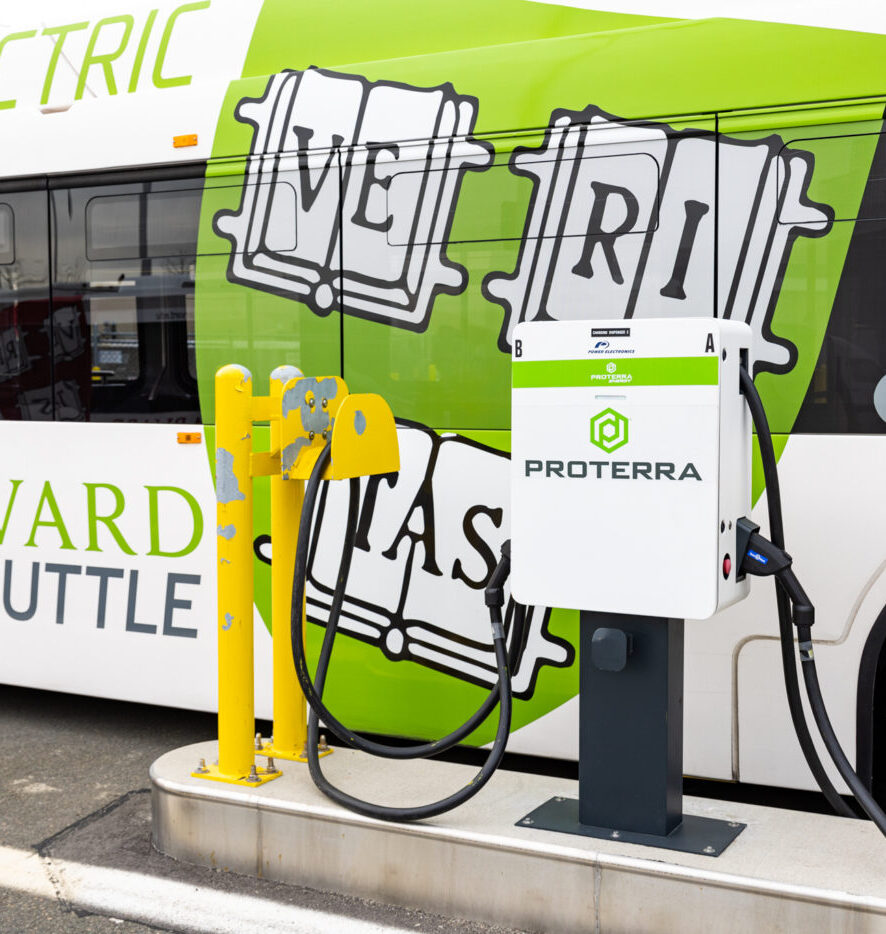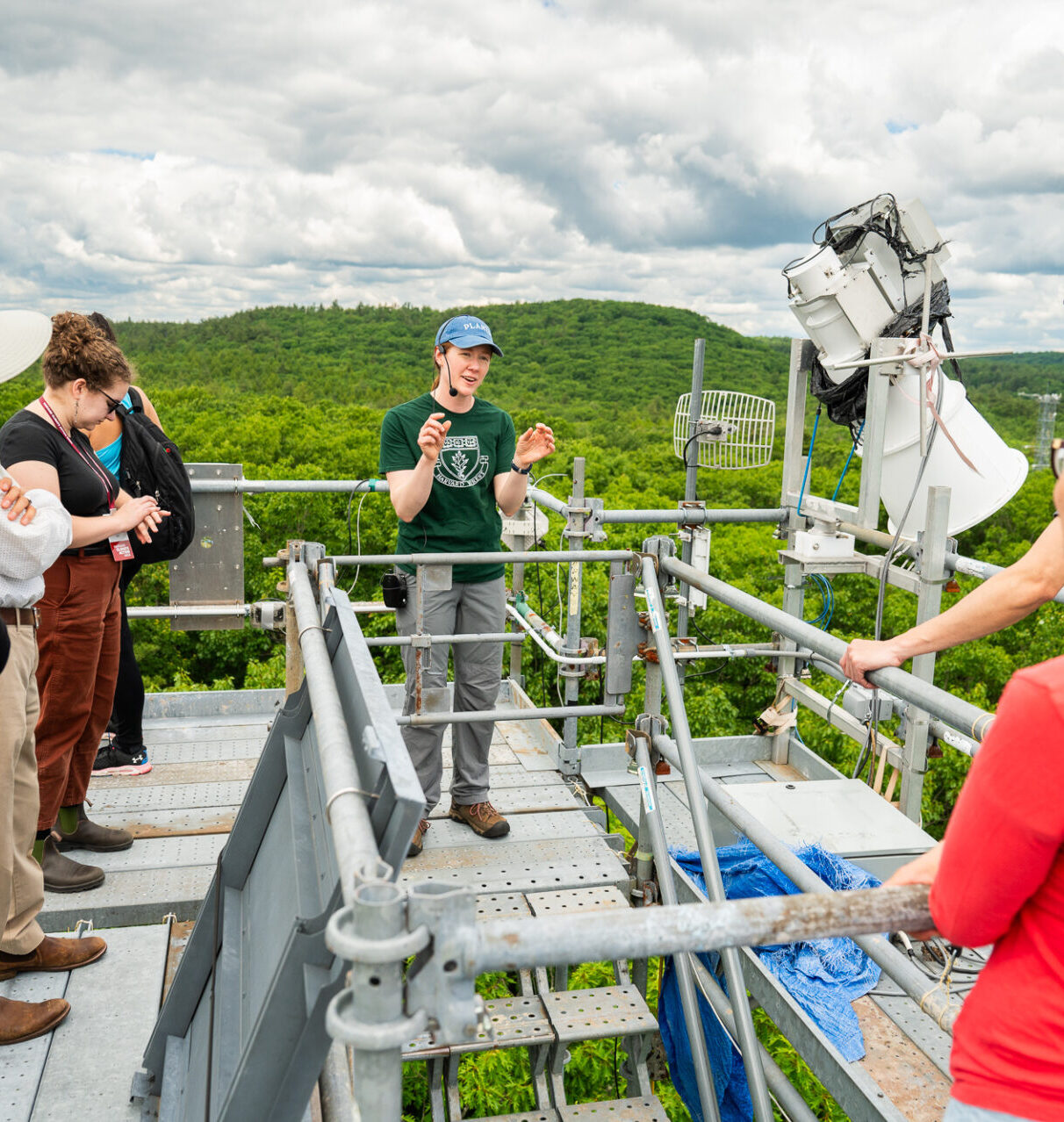Economics and Policy of Electric Vehicle Transportation Charging Infrastructure
Reliable and available charging infrastructure is critical to decarbonizing the transportation sector through electrification. Additionally, the electric vehicle (EV) charging industry is projected by numerous industry analyses to grow to over $100 billion in value over the coming decade. Fostering the growth of an efficient and equitable EV charging industry gives rise to many challenges for research.
The Salata Institute for Climate and Sustainability at Harvard University and the MIT Center for Energy and Environmental Policy Research (MIT CEEPR) will host a workshop on the Economics and Policy of Electric Transportation Charging Infrastructure in Cambridge, Massachusetts on Thursday and Friday, October 24 and 25, 2024. The conference will be organized by Omar Asensio (Georgia Institute of Technology), Elaine Buckberg (Harvard University), and Jing Li (Tufts University). A special session will be reserved for practitioners from leading organizations in EV charging to discuss data and research challenges.
Agenda
THURSDAY, OCTOBER 24, 2024
4:30-4:35 PM Welcoming Remarks
4:35-5:50 PM Early Career Scholar Presentations
- The Impacts of Rate Surge on Electric Vehicle Charging Behaviors: Evidence from California
- Yucheng Wang, Cornell University and University of Sydney
- Home is Where the Charge Is: Electric Vehicle Adoption and Residential Electricity Demand
- Gregory Kirwin, University of Wisconsin-Madison
- Validating and Standardizing Equity Analysis Framework in EV Infrastructure Projects
- Niping Duan, University of Maryland
- A synthetic population approach for forecasting electric vehicle adoption in New York City
- Xiyuan Ren, New York University
- Subpath-based Column Generation for the Electric Routing-Scheduling Problem
- Sean Lo, MIT
FRIDAY, OCTOBER 25, 2024
8:00 – 8:30 AM Breakfast and registration
8:30 – 8:40 AM Welcome Remarks
8:40 – 9:40 AM Experimental evidence about the impacts of prices and nudges on charging decisions
- Electric Vehicles and the Energy Transition: Unintended Consequences of a Common Retail Rate Design
- Megan Bailey, University of Calgary
- Discussant: Gib Metcalf, MIT
- Electric Vehicle Charging at the Workplace: Experimental Evidence on Incentives and Environmental Nudges
- David Victor, University of California San Diego
- Discussant: Gabriel Kreindler, Harvard University
9:40 – 10:00 AM BREAK
10:00 – 11:00 AM Charging station siting decisions and policy
- Entry and Coordination in the U.S. Electric Vehicle Charging Industry
- Katalin Springel, HEC Montreal
- Discussant: Charles Taylor, Harvard University
- Optimal Charging Infrastructure for Electric Vehicles
- Youming Liu, Bank of Canada
- Discussant: Frank Pinter, FTC
11:00 AM – 12:00 PM Practitioner Panel Discussion: The Future of EV Charging
- Commissioner Tim Echols, Georgia Public Service Commission
- Brent Gruber, JD Power
- Adam Ruder, NY State Energy Research and Development Authority (NYSERDA)
- Carrie Ryder, Electrify America
12:00 – 12:15 PM Group Photo
12:15 – 12:45 PM LUNCH
12:45 – 1:30 PM Brainstorming Session: Priority topics for future research
1:30-1:45 PM BREAK
1:45 – 2:45 PM Lightning Sessions
- Trajectory-Integrated Accessibility Analysis of Public Electric Vehicle Charging Stations
- Yi Ju, University of California Berkeley
- Optimizing Electric Vehicle Infrastructure
- Kenneth Gillingham, Yale University
- When Will Electric Vehicles Connect to the Grid?
- Kevin Remmy, University of Mannheim
- Incentivizing Sustainable Charging: Evidence from Real-Time Electric Vehicle Big Data
- Jingyuan Wang, Yale University
2:45 – 3:00 PM BREAK
3:00 – 4:30 PM Electric vehicle charging equity and policy
- Investing in the Future of Mobility: The Role of US Local Governments in Building EV Infrastructure
- Elizabeth Gerber, University of Michigan
- Discussant: Stephen Ansolabehere, Harvard University
- The Efficiency and Equity Impacts of Truck Electrification
- Cuicui Chen, State University of New York Albany
- Discussant: Le Xie, Harvard University
- Charging Uncertainty: Real-Time Charging Data and Electric Vehicle Adoption
- Cassandra Cole, Harvard University
- Discussant: David Victor, UC San Diego






